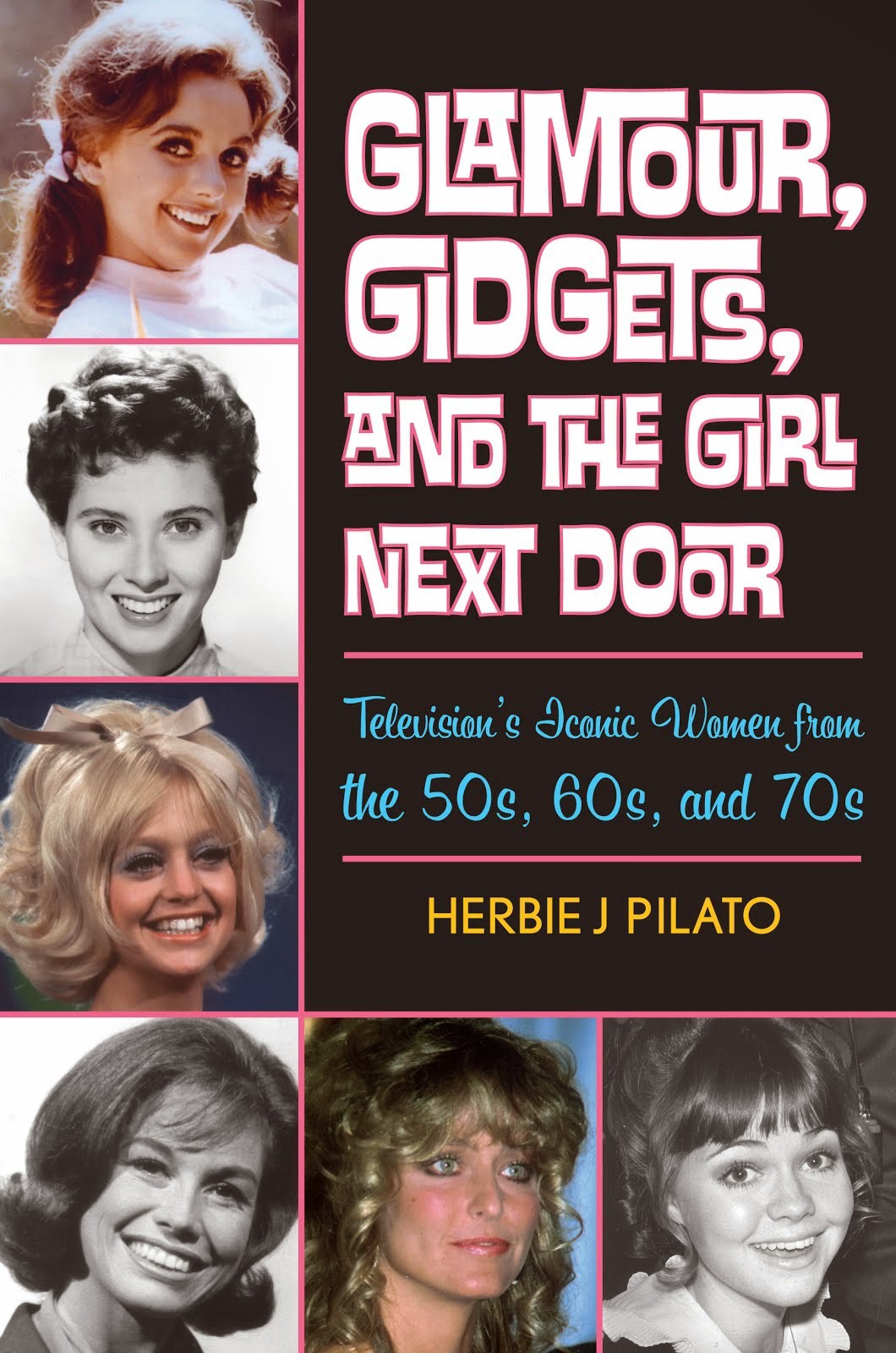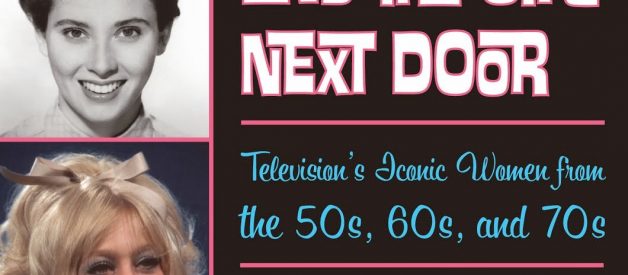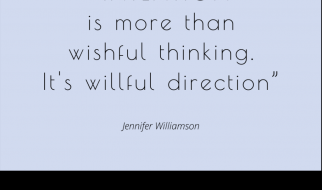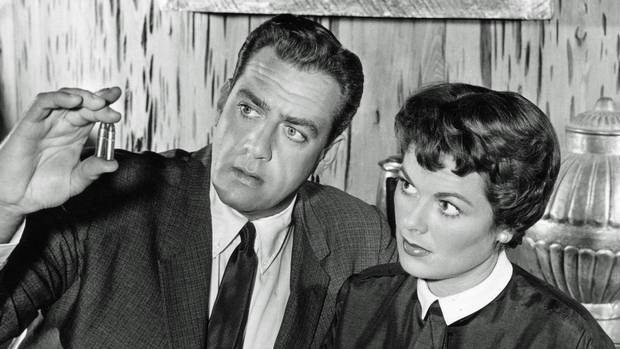 Barbara Hale was Raymond Burr?s right-hand woman on TV?s classic ?Perry Mason? series
Barbara Hale was Raymond Burr?s right-hand woman on TV?s classic ?Perry Mason? series
?I liked playing women with an independent streak.?
So said Perry Mason actress Barbara Hale in one of her last interviews before she passed away in 2017 at age 95.
Raymond Burr portrayed Perry Mason, TV?s top attorney (who never lost a case!) on the extremely popular series of the same name that originally aired on CBS from 1957 to 1966. But Perry would have been nothing without his secretary and right-hand gal Della Street, as portrayed with grace and subtle allure by the elegant Hale. Unlike the audience, Mason?s affection for Street was not so obvious. ?Circumstantial evidence? is how he may have defined and defended his alleged attraction, although many wondered how he could turn away from her numerous charms.
Hale?s Street was one of television?s first single professional working women, and the story of how she came to play the part is just as monumental. Close friends with two of the show?s producers, Corny and Gail Patrick Jackson, Hale had worked with the former at an advertising agency in Chicago, and with Gail on a dollmaking venture. The doll project never panned out, but Hale remained friends with Jacksons, who later remembered her for a part in a certain new legal series she was developing.
?Oh, Gail,? Hale said, ?bless your heart for thinking of me. But I just can?t do a show right now,? mostly because she had three children to care for, the youngest of whom was only three years old. ?I need to be home.? ?Well,? Gail replied, ?this won?t take much time ? and Barb, we?re only going to do 18 episodes.? Upon learning of the limited workload, Hale was intrigued, and then hearing it was Perry Mason, based on the famous Erle Stanley Gardner books ? and with Burr as the star ? she was elated. ?Raymond, God love him,? she recalled, ?was one of the first people I met at RKO,? the studio she was first contracted with as an actress. ?I had known him since the day I first arrived in Hollywood. We were both under contract with RKO, and we got to know each other very well. He was a wonderful actor and a dear friend.?
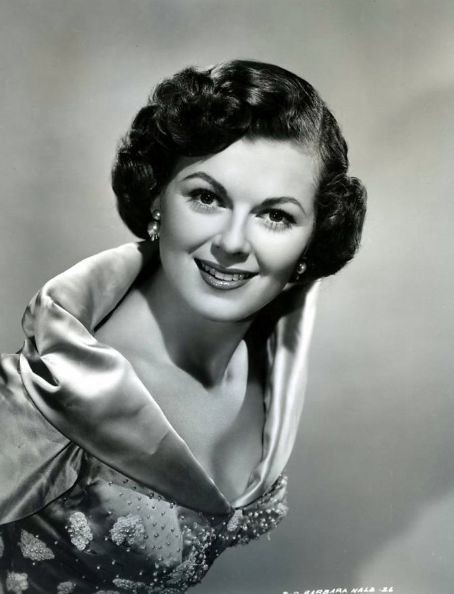 Hale in an early publicity photo
Hale in an early publicity photo
Della For Life
Hale stayed with the series for nine seasons, and 332 episodes, certainly more than the initial 18 segments promised to her by Gail Patrick. After Mason ended in 1966, Hale found herself working with Burr a few more times: first in his second hit series, Ironside, in the ?70s, and in 1994 ? for the TV-reunion movie, Perry Mason Returns, which spawned a series of sequels based on the original show. These new Mason movies also starred William Katt, who played Paul Drake, Jr., the son of the character made famous by William Hopper on the original series.
By the time Perry Mason returned in the ?90s, Hopper had died of lung cancer, but the producers, namely Dean Hargrove, wanted to keep the Drake family presence in the new films. Hale was familiar with Burr when initially cast as Della in the original series, and subsequently, she was relatively familiar with the actor who replaced Hopper in the reunion movies: William Katt ? her son in real life, who had previously starred on The Greatest American Hero (ABC, 1981?1983). (Katt later left the film series and was replaced by William R. Moses; Burr died in 1993, and in stepped David Ogden Stiers until the airing of the final film, A Perry Mason Mystery: The Case of the Jealous Jokester, which aired in 1995.)
Although excited about the new Mason movies, Hale was concerned as to how they were going to mesh with the storyline of the original series, considering that all the original actors, beyond Hale and Burr, were no longer living, including Hopper, William Taylon (who played prosecutor Hamilton Burger), and Ray Collins (Lt. Arthur Tragg). ?They were my boys,? she recalled wistfully. ?I loved each of them dearly. They were like four of my brothers? my loves ? and to this day, along with Raymond, of course, I miss them terribly.?
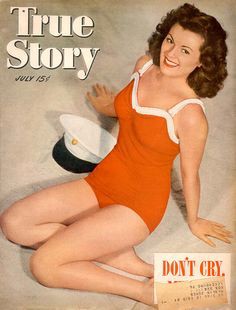 Hale was a print model early on in her career
Hale was a print model early on in her career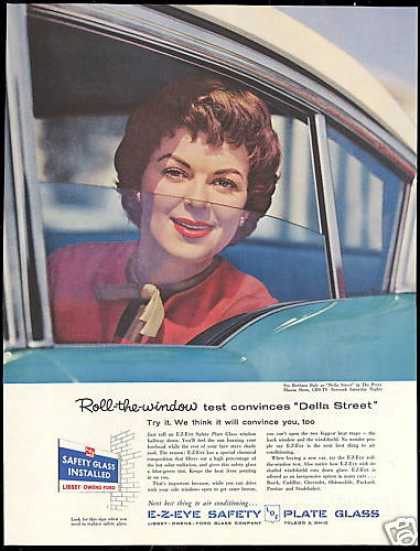
As to her portrayal of Della, one of TV?s first single professional working women, Hale remained both humbled by the reception and proud of her positive influence as a role model:
?I received so much fan mail from young ladies who were trying to decide what to do. This is when young women were more involved with finding a career that would suit them, rather than their husbands, so to speak. It?s when women were just starting to think about their occupation in the workforce. And I cannot tell you the number of letters I received saying how pleased they were with the show because they were looking for a profession to follow . . . to study. And they were smitten with anything that had to do with the legal profession because of the show. And they were all in love with Raymond, and wanted to study law and work for someone just like Perry Mason.?
The Ideal Right-Hand Woman
As Mason?s right-hand executive secretary, Hale?s Della added the perfect blend of feminine mystique to the show, which of course, charmed viewers, but Hale had to follow a strict train of thought that was laid down by Erle Stanley Gardner on the Mason set.
For one thing, the definition of Della?s relationship with Perry had to remain a mystery, which of course was mind-boggling to the viewers, if fitting to the very premise and popularity of the series. Essentially, there could be no romance between the characters.
Hale remembered one time in particular when Gardner was not pleased when the director had placed Della on Perry?s lap. ?He didn?t like that at all,? she recalled with a sly smile. The actress remembers another onscreen moment that did not sit well with Gardner, this time when she and Burr were filming a scene in a restaurant and they ordered a daiquiri cocktail. The following day, Gardner had reviewed the scene in the dailies or ?rushes? (regular filmed sequences) and said, ?No. We have to do that over.? Both Barbara and Burr wondered why. ?It doesn?t fit.?
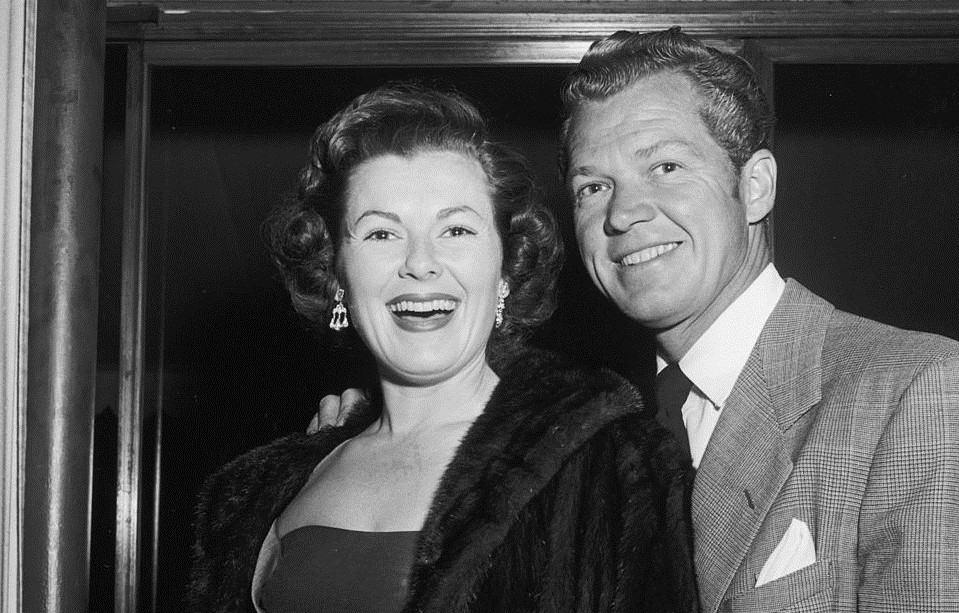 Barbara Hale with her husband actor Bill Williams
Barbara Hale with her husband actor Bill Williams
As Hale explained, because the show was somewhat based on Gardner?s life and career ?Perry had to order what Erle drank and Erle never drank a daiquiri.? Such attention to detail played into every measure of the series, adding to its quality ? even down to the design of Hale?s wardrobe as Della, for which Hale credits executive producer Gail Patrick Jackson.
Prior to her Mason gig, Jackson had been known professionally as simply Gail Patrick and had a fairly successful career in the 1930s and early ?40s as an actress specializing in playing the sophisticated (if sometimes cold) best friend, sister, or romantic rival of the female lead (in films like My Man Godfrey, Stage Door, and My Favorite Wife).
Consequently, Patrick knew of what she spoke ? and Hale listened. With Hale as Della, Patrick did not seek so much to represent the fashions of the day exactly, but instead to keep that aspect a blur. Hale explained:
?Della was fashionable, but always just a step ahead of the times. If women were wearing their skirts long, Della would wear them a little longer. When they were wearing them shorter, Della would wear them shorter still . . . but not to the extent that it became unfashionable . . . only to a certain degree . . . which essentially meant that my wardrobe never changed. And that was because we knew the show was going to run for a long time . . . and we wanted to give the show a timeless look. The early episodes don?t look extremely ?50s and the later ones don?t look extremely ?60s. In many ways, people could [watch] episodes of the show and not pinpoint exactly what year they were filmed.?
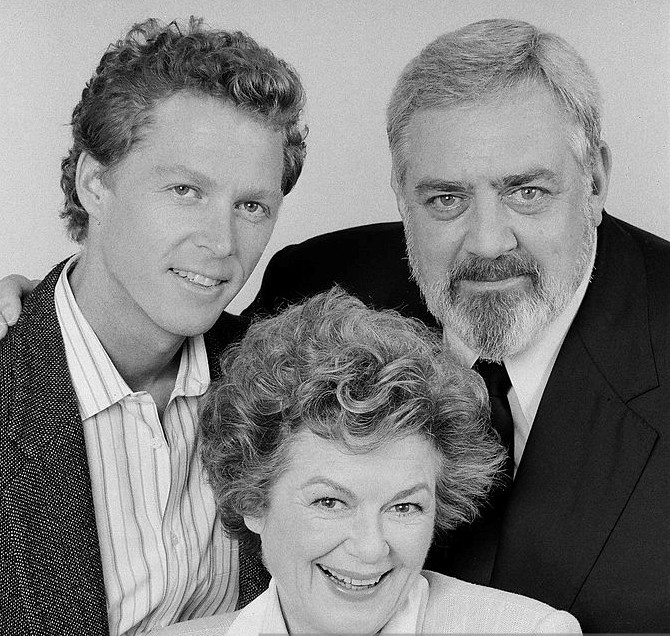 Hale reunited with Burr in a series of ?Perry Mason? TV-reunion movies, the first few of which also featured her real-life son, William Katt (best known as TV?s ?Greatest American Hero?)
Hale reunited with Burr in a series of ?Perry Mason? TV-reunion movies, the first few of which also featured her real-life son, William Katt (best known as TV?s ?Greatest American Hero?)
A Heavy Set
Meanwhile, Burr?s continuous weight gain was a sensitive issue for the actor, whom Hale affectionately referred to then and now as ?Big Daddy.? But she would make every attempt to temper his discomfort with humor, by telling him, ?Honey ? don?t you worry one bit about how big you get. You just get as big as you want?because the bigger you get ? the smaller I look.?
So were Della and Perry in love? ?That?s audience participation,? Hale replied, ??because the girls or the guys that didn?t want them to be lovers could accept them as very appreciative loving partners at work. In other words, if women viewers liked Perry, they didn?t want to see him married. And if they liked her, they didn?t want to see her married ? even some of the gals didn?t want to see Della married?We would always receive letters that said, ?When are you going to get married???
In fact, she added, some fans thought that she and Burr were already married ? in real life. Hale recalled:
?Our trailers were across the street from the courthouse. And one day, as I was making my way down the steps of the courthouse to my trailer for lunch, this little guy from about a block ran over to me and said, ?Oh, Mrs. Mason! Mrs. Mason! Wait! Wait!??
Never Needy
When Perry Mason began production, Hale approached her superiors with a suggestion: she didn?t want more lines or more ?business? (character interaction and action), or anything of that ilk. ?No,? she clarified. ?I don?t want more to do. I just want Della to have reaction shots in response to Perry?s dialogue?so that she could be looked upon as the silent partner.? ?I think that?s what women do,? she explains. ?I think that?s an extremely key quality and value of a woman. It?s just like in marriage?the male is the ?Big Daddy,? so to speak. But the woman is the one that is dependable, standing by his side?around the corner [wherever]?ready to help him. If he needs a pill she gives him a pill?that kind of support?combining intelligence and sensitivity. And that?s [a unique quality] that women have in business that men, in general, tend to lack?not every man?but many?because it isn?t in their nature?as a rule?and certainly not in the areas of [being] a CEO.?
?In other words,? she said, ??behind every great man is an even greater woman?And that?s the extreme value of a woman in business. Because anyone with any true sense of power doesn?t parade it?they know they have the power and all they have to do is give a look or support . . . because they don?t have anything to prove. And that?s what helped the Della character and the empire with Perry Mason?that she had the chance to display how she felt with subtle reaction shots, instead of action shots. That?s the way she should have been portrayed?because I thought that her sense of quiet knowing was her strength.?
As to her status as a television icon, Barbara Hale concluded with a wink and a smile:
?I had to make an impact or Raymond would have put me in the backroom!?
This article is an edited excerpt from the book, GLAMOUR, GIDGETS, AND THE GIRL NEXT DOOR: TELEVISION?S ICONIC WOMEN FROM THE ?50s, ?60s, AND ?70s. For more information, visit ww.HerbieJPilato.com.
